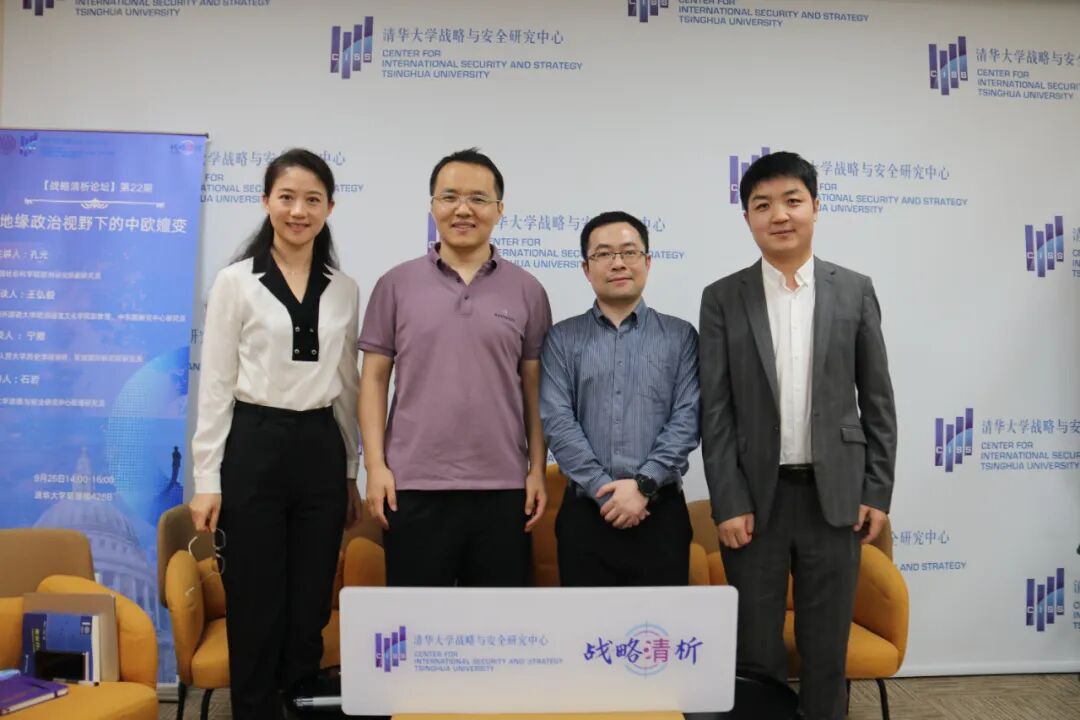On September 26, 2025, the Center for International Security and Strategy (CISS) at Tsinghua University held The 22nd CISS StratFocus Forum with the theme “Central Europe in Geopolitical Perspective.” The keynote speaker was Dr. Kong Yuan, Associate Research Fellow at the Institute of European Studies, Chinese Academy of Social Sciences. The discussants included Dr. Wang Hongyi, Associate Professor at the School of European Languages and Cultures, Beijing Foreign Studies University, and Dr. Ning Ya, Lecturer at the School of History, Renmin University of China. The forum was moderated by Shi Yan, Assistant Research Fellow at CISS.
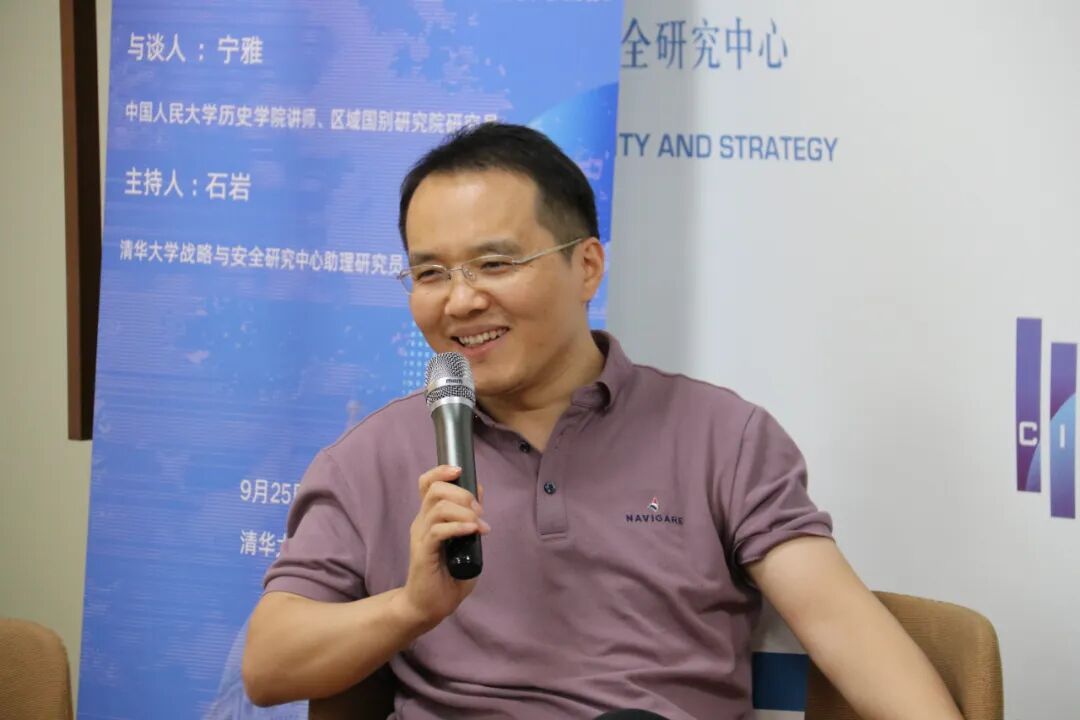
In his lecture, Dr. Kong reviewed the formation and evolution of the concept of “Central Europe” from both historical and contemporary perspectives. He noted that in the narrow sense, “Central Europe” mainly refers to Poland, the Czech Republic, Slovakia, and Hungary—the core territory of the former Austro-Hungarian Empire. In the broader sense of Central and Eastern Europe, it also encompasses countries of the Latin Christian tradition such as Latvia, Lithuania, and Estonia, as well as Ukraine and Romania, which were heavily influenced by Western Europe during the Middle Ages.
Dr. Kong emphasized three features of Central Europe’s distinctiveness. First, the historical background of nation-state formation: the national borders drawn after World War I failed to resolve ethnic tensions, leaving the region in a long process of nationalization, marked by recurring minority and nationality issues. Second, Central European states long lived in the shadow of three major empires—Russia, Austria, and the Ottoman Empire—generating a strong sense of small-state survival anxiety that sometimes turned into “political hysteria.” Third, Central Europe’s intermediary geopolitical position made it difficult to fully integrate into Western Europe while also maintaining tension with major powers to the East. From this arose diverse strands of political thought, such as visions of “linking with Western Europe,” acting as a “fortress,” or even constructing a “Central European Empire.”
Building on this, Dr. Kong argued that great-power competition and the drive for national resilience have jointly shaped Central Europe’s political logic today. On the one hand, regional integration coexists with populism and Euroscepticism, with Poland and Hungary being particularly representative. On the other hand, the “Intermarium concept” and the “Three Seas Initiative” reflect Central European countries’ strategic imagination and practice, extending from historical security designs to contemporary ideas of digital and infrastructure connectivity.
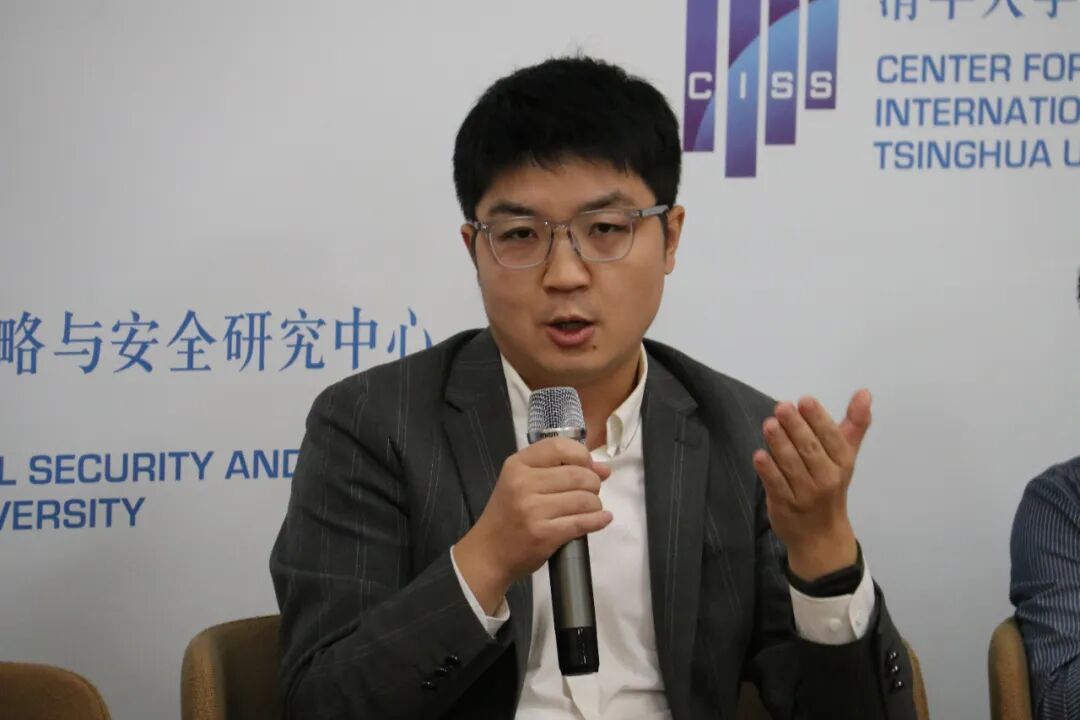
In the discussion session, Dr. Wang Hongyi noted that Central European studies had long been marginalized but are gaining prominence in the context of the Russia–Ukraine conflict. He suggested that the key to understanding the region lies in four historical threads—tragedy, mission, reconstruction, and rebirth: from Poland’s independence and its “Intermarium” security anxieties to today’s regional initiatives, Central European countries have continually sought autonomy in the space between great powers.
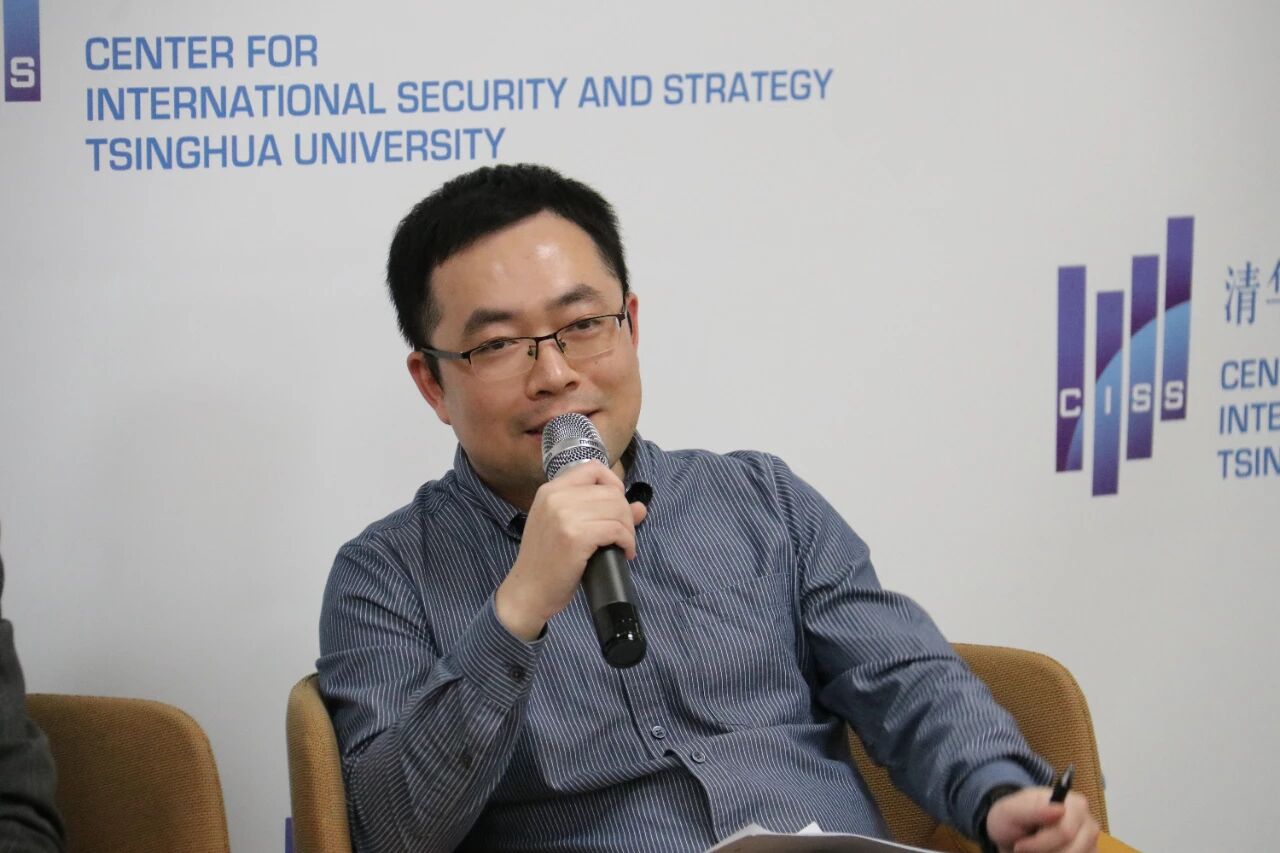
Dr. Ning Ya examined the transformation of Central Europe from a broader historical lens. Tracing narratives back to the Roman Empire’s distinction between “civilization” and “barbarism,” he discussed how perceptions of “Eastern Europe,” “Central and Eastern Europe,” and “Central Europe” shifted through the Enlightenment, the Cold War, and European integration. He highlighted the complex balance of national identities in the region, which underscores the multiple resistances between regional and national identity formation.
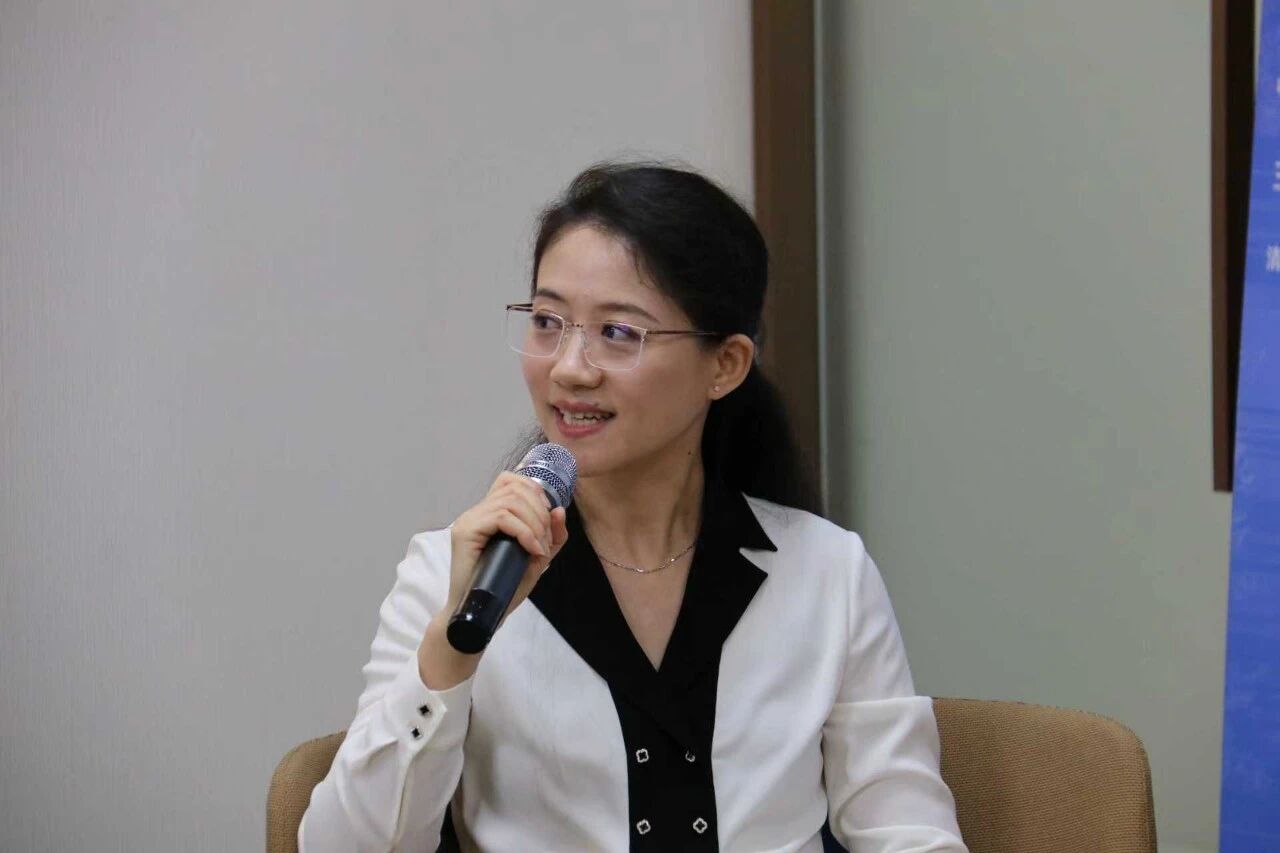
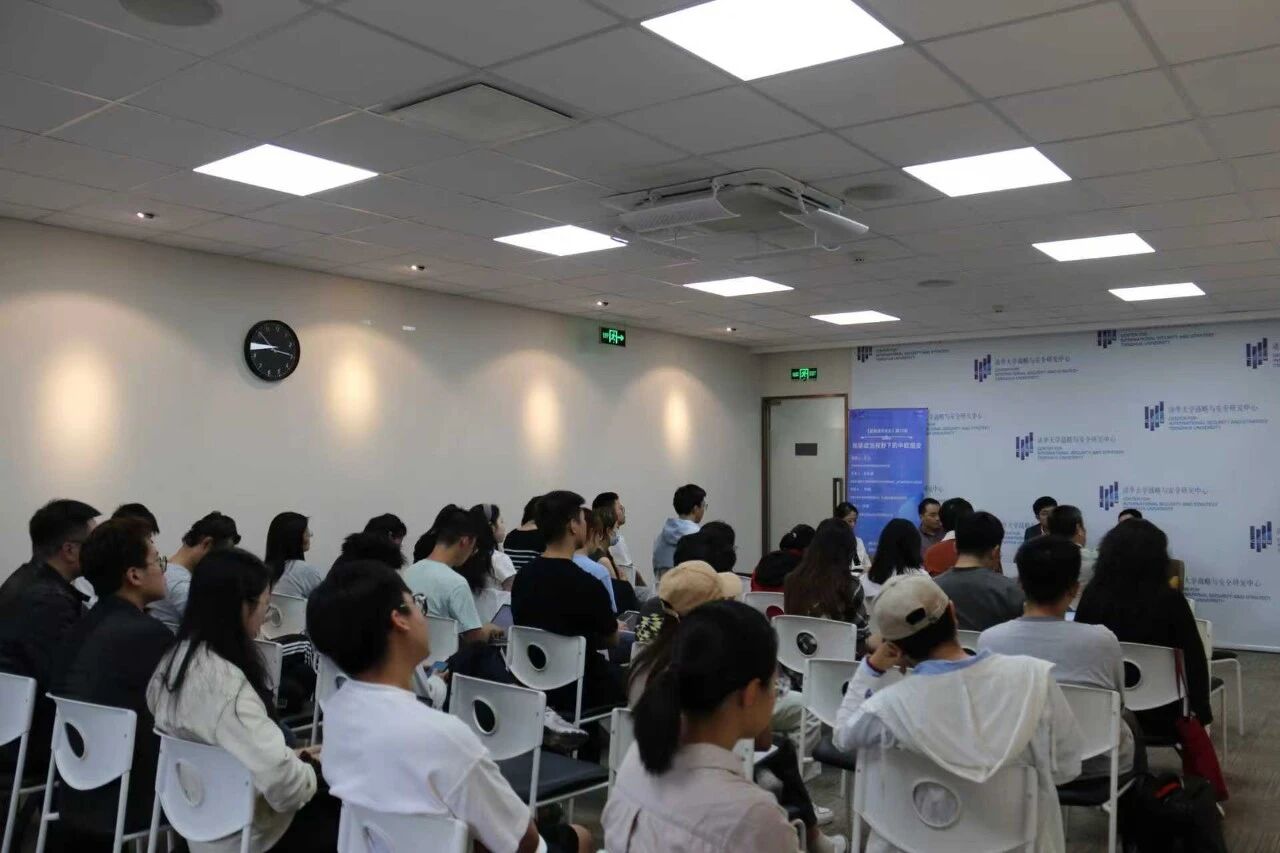
During the Q&A session, the audience raised questions on topics such as the divergence between Central and Western Europe, the tension between EU integration and national identity, the driving forces behind NATO’s eastward expansion, and Central Europe’s perceptions of China. The speaker and discussants responded in turn, engaging in a multidimensional discussion that connected imperial history with contemporary politics.
The forum concluded with a summary by moderator Shi Yan, marking the successful close of the event.
